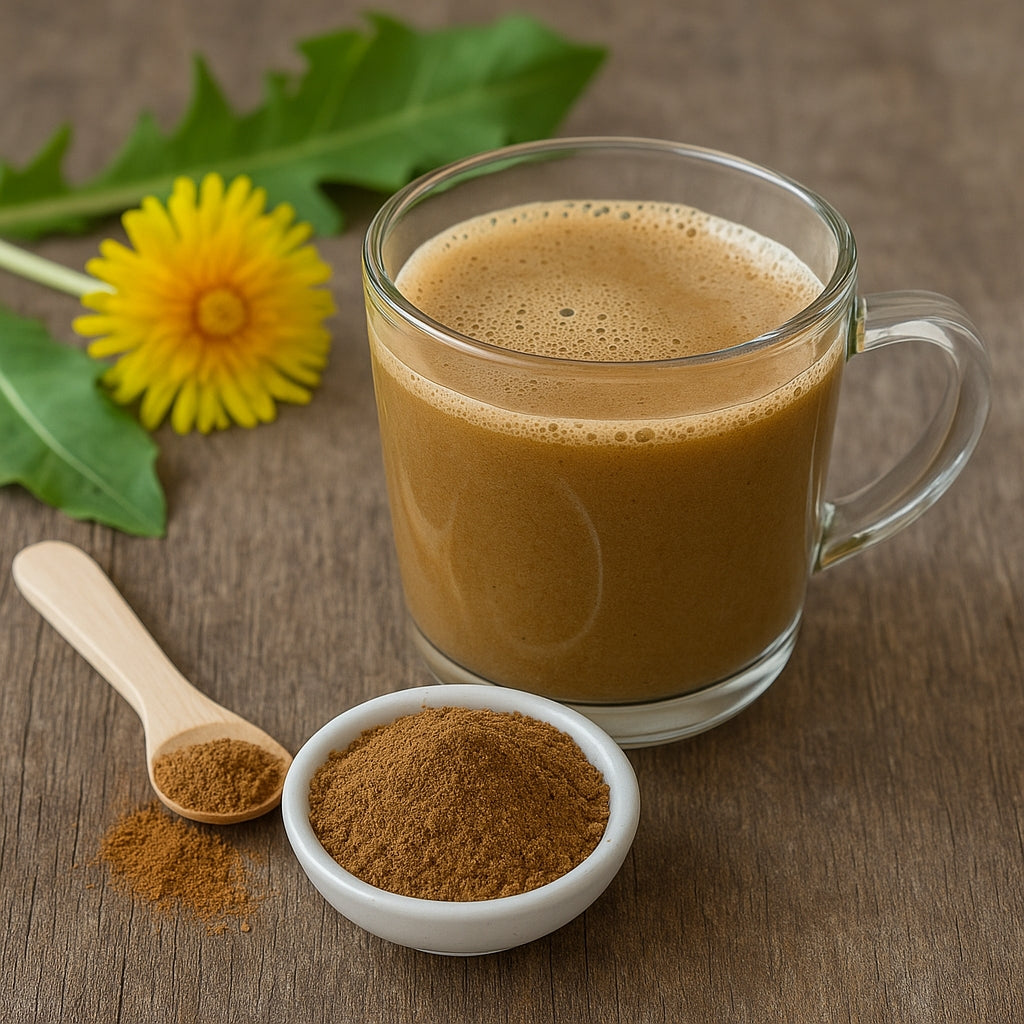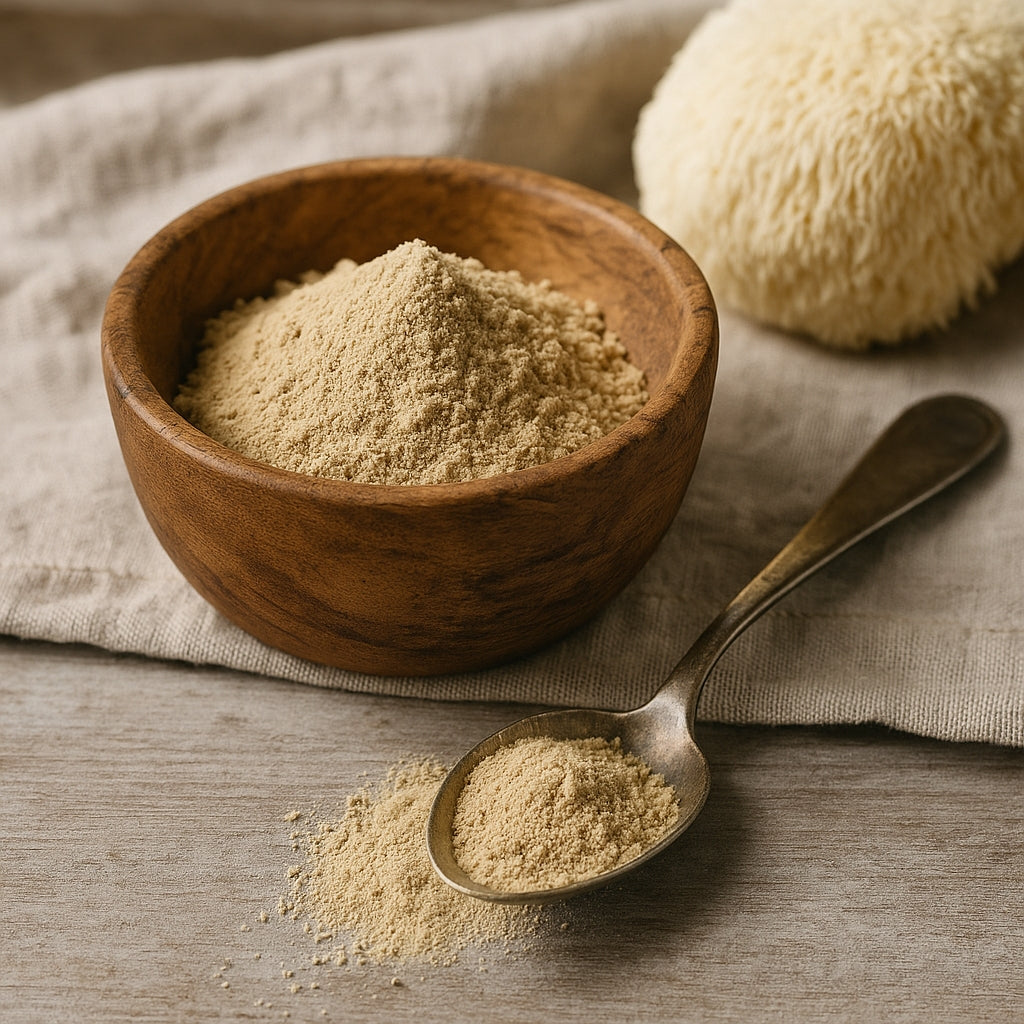Diabetes has become one of the most pressing health concerns of our time, affecting millions of people across the globe. Managing blood sugar levels requires careful attention to diet, lifestyle, and, in many cases, medication. At the same time, there is growing curiosity about natural and organic remedies that might complement traditional treatments.
One plant that has recently sparked interest is the dandelion. Often dismissed as an ordinary garden weed, dandelion root has been used for centuries in traditional medicine. But today, people are asking: can dandelion root be a beneficial natural supplement for those managing diabetes?
This article explores the potential health benefits of dandelion root, its nutritional and bioactive compounds, and practical ways to incorporate it into your wellness routine.
What Is Dandelion Root?
The dandelion plant, with its bright yellow flowers and familiar fluffy seed heads, is usually seen as a nuisance in lawns and gardens. Yet, beneath the surface lies a root with a long history of medicinal use. In traditional herbal medicine, dandelion root was valued for its detoxifying properties, often brewed into teas to support liver and digestive health.
Today, it’s commonly available in several forms, such as teas, juices, tinctures, capsules, and concentrated extracts. Its reputation as a natural supplement is tied to its potential to support blood sugar regulation, digestive balance, and overall vitality. Choosing organic dandelion root ensures that these benefits come without the added concern of pesticide residues or chemical processing.
Potential Benefits of Dandelion Root for Diabetes
So, how might dandelion root impact blood sugar regulation? Research, while still developing, offers some intriguing clues.
First, dandelion root contains natural compounds that may help improve the body’s ability to process glucose. Preliminary studies suggest that these compounds influence carbohydrate metabolism, potentially reducing post-meal blood sugar spikes. Its high fiber content also plays a role, slowing digestion and helping stabilize glucose absorption.
In addition, dandelion root is known for supporting liver health. Since the liver plays a vital role in glucose storage and release, a healthier liver may indirectly contribute to more stable blood sugar levels. Traditional medicine has long linked dandelion with detoxification, and modern science is beginning to support these observations by identifying specific antioxidants and anti-inflammatory agents within the plant.
For those with diabetes, the benefit may extend beyond blood sugar control. By reducing oxidative stress and inflammation, dandelion root could also improve overall metabolic health, adding another layer of support to conventional treatments.
Nutritional Profile and Active Compounds
Dandelion root is not only functional, but also nutritionally rich as well. It provides:
● Vitamins such as A, C, and K, which contribute to immune support and cellular repair.
● Minerals like potassium, calcium, and magnesium, all crucial for heart and metabolic
health.
● Antioxidants that reduce damage from free radicals, lowering risks of complications
linked to diabetes.
● Prebiotic fibers such as inulin, which support gut health and may play a role in
stabilizing blood sugar levels.
Beyond these nutrients, the root also contains active compounds such as sesquiterpene
lactones and polyphenols, both of which have been studied for their anti-inflammatory and potential anti-diabetic properties. And because dandelion root is naturally low in calories, it fits easily into a balanced, diabetic-friendly diet.
How to Use Dandelion Root for Health
Incorporating dandelion root into daily life is easier than you might think. Some prefer the
traditional route of brewing it into a tea, while others enjoy it in juice blends with fruits and vegetables. For those seeking convenience, dandelion root is available in powdered extracts, capsules, or tinctures.
Dosage can vary depending on the form, but most experts recommend starting with small
amounts and adjusting gradually. Importantly, individuals managing diabetes should always consult their healthcare providers before starting a new supplement, as dandelion root may interact with medications or affect blood sugar levels.
Organic and Natural Advantages
Choosing organic dandelion root is more than just a lifestyle preference. It also enhances the effectiveness of the supplement! Organic harvesting and processing methods preserve more of the natural bioactive compounds, ensuring that the full spectrum of nutritional and medicinal properties are retained. This purity also reduces the risk of consuming unwanted chemicals, aligning with a holistic, natural health philosophy.
Whether consumed as an extract, tea, or powder, organic products offer a more reliable path to wellness, particularly for those looking to integrate natural remedies into their diabetes management plan.
Summary and Considerations
Dandelion root may not be a cure for diabetes, but it shows promise as a supportive, natural supplement for managing the condition. By influencing glucose metabolism, supporting liver health, and providing essential nutrition, it represents a powerful ally in the pursuit of better health.
Still, it is important to remember that supplements should complement, not replace, medical treatment, healthy eating, and physical activity. For those seeking to integrate natural remedies into their care, Unleash’d Organic’s dandelion root powder offers a safe, convenient, and effective option to explore as part of a balanced lifestyle.
Frequently Asked Questions
Can dandelion root lower blood sugar?
Early research suggests that dandelion root may help regulate blood sugar levels by improving carbohydrate metabolism and slowing glucose absorption. However, it should not replace prescribed treatments.
Is it safe for diabetics to drink dandelion root tea or juice?
For most people, yes. But since dandelion root can affect blood sugar and may interact with medications, it’s important to consult a healthcare provider before adding it to your routine.
What is the best way to take dandelion root?
It depends on preference. Teas and juices provide a traditional approach, while capsules and powdered extracts offer convenience and consistent dosage.
Are there side effects?
Some people may experience mild digestive upset or allergic reactions. If you are allergic to related plants (such as ragweed) or taking diuretics, consult your doctor first.
Why choose organic dandelion root?
Organic products avoid pesticide exposure and preserve more natural compounds, maximizing the potential benefit of the supplement.



Leave a comment
This site is protected by hCaptcha and the hCaptcha Privacy Policy and Terms of Service apply.